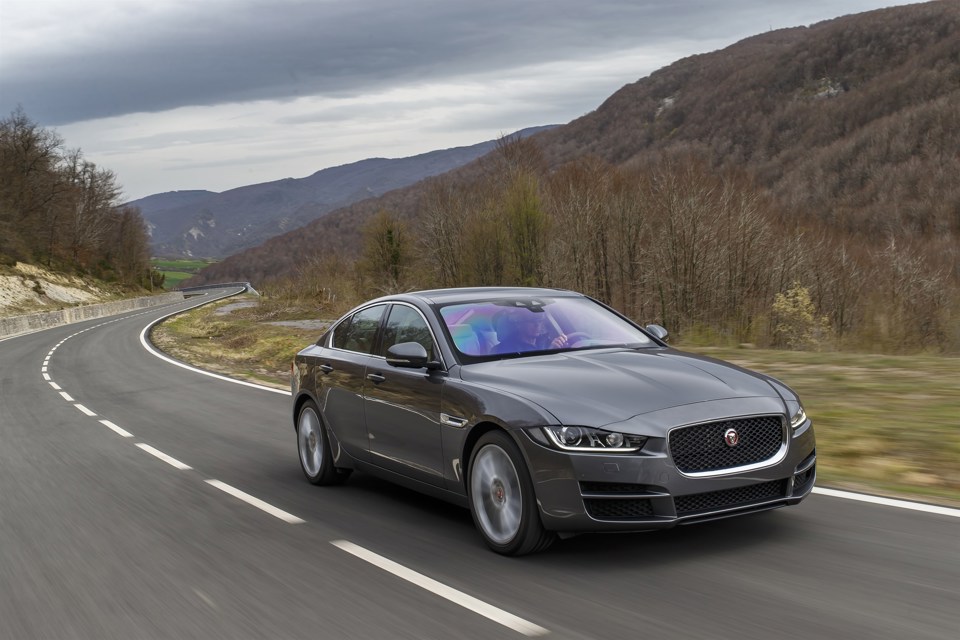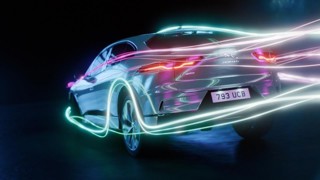A law firm has claimed that Jaguar Land Rover may have used emissions cheating devices on a number of its diesel engines.
Leigh Day, which has already made similar claims against Mercedes, VW, Nissan, Renault, Porsche, Vauxhall, Citroen and Peugeot, believes up to 365,000 Jaguar and Land Rover models could be affected.
The lawyers state that some JLR vehicles have been proven to emit higher levels of NOx emissions that claimed in tests by German and UK regulators.
A statement issued by the car maker said: "Jaguar Land Rover does not use emissions cheat devices or software in any of its products. We have not yet seen any technical evidence in relation to this matter and will strongly contest any claims made by the no win-no fee legal firm.”
According to Leigh Day, a Jaguar XE 2.0-litre was found by the German VW Commission Enquiry in April 2016 to be producing NOx at nine times the threshold value in an on the road test. In the same report, a Range Rover 3.0-litre produced 11 times the threshold value during on the road testing.
In 2016, following the Volkswagen dieselgate scandal, the Department for Transport concluded in a report that there was no evidence that other manufacturers were using software of the type used by Volkswagen.
Oliver Holland, partner at Leigh Day, said: “Evidence in the public domain clearly shows that diesel engines in some Jaguar Land Rover models were fitted with emissions cheat devices so that customers have not been driving around in the low-emissions vehicles they thought they were.
“Instead, these owners have been cheated, and Britain’s roads and surrounding areas have been polluted with NOx emissions way beyond the levels that motor manufacturers have stated, to maintain profit and avoid regulation essential to our health and the health of the planet.”
Following the dieselgate scandal, Volkswagen Group was the first brand to face civil action with some 90,000 UK owners seeking compensation.
They are accused of using illegal defeat devices to manipulate the emissions performance of vehicles at certain times, such as during emissions tests, to make their cars appear to be more environmentally friendly.
All vehicles registered between 2009 and 2018 underwent the New European Driving Cycle (NEDC) test, in order to gain type approval. While EU law bans the use of ‘defeat devices’, exceptions within the regulations allow the effectiveness of emissions control systems to be reduced if it’s required to protect the engine against damage or ensure its safe operation.
Last year the European Court of Justice ruled that diesel emission defeat devices cannot be justified by the argument that they “contribute to preventing the ageing or clogging-up of the engine”.
Some car manufacturers admitted that engine control units were programmed to shut off at certain temperatures, but said such practices were fully compliant with the law.























Login to comment
Comments
No comments have been made yet.